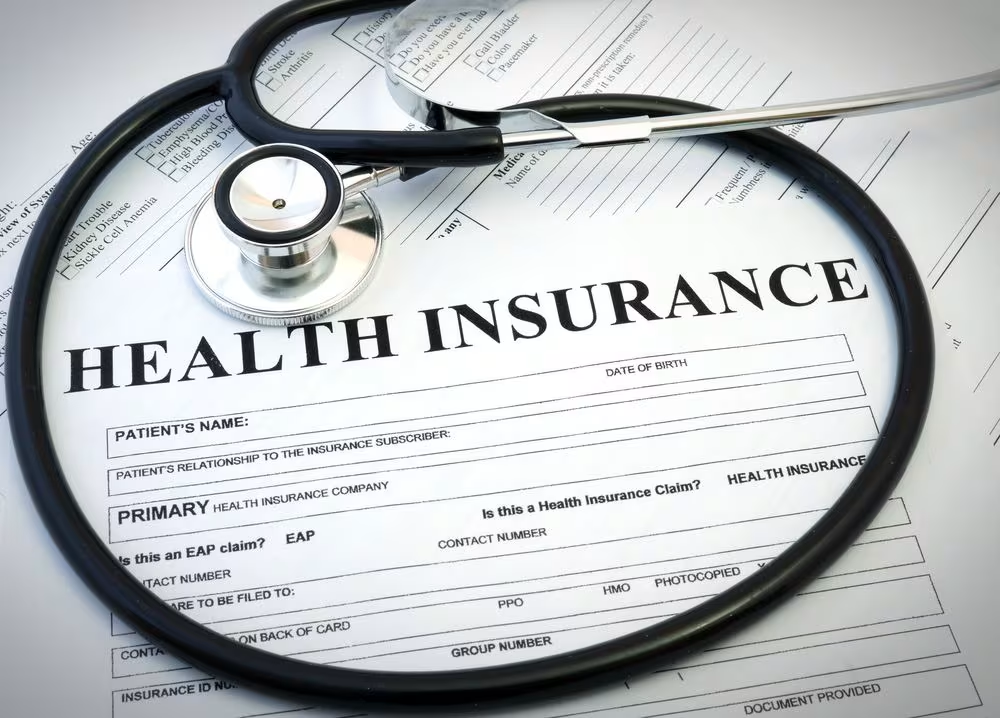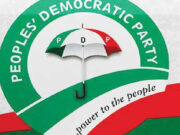Insured, But Still Uncovered: The Frustrating Reality of Nigerian Health Insurance
Imagine this: you have a health insurance card, you’ve paid your dues, and you think you’re covered. Then, you get sick, go to the hospital, and are told you still have to pay out-of-pocket for your treatment. This is the frustrating reality for thousands of Nigerians, from federal civil servants to market traders.

This growing problem is a sign that Nigeria’s health insurance system is quietly breaking down. The gap between what insurance plans promise and what hospitals can actually provide is widening, leaving patients like Fatima Suleiman, a civil servant in Abuja, in a difficult spot.
Why is this happening?
The core issue comes down to a few key problems:
- Unrealistic Prices: For years, the health insurance system focused on getting more people enrolled, but it didn’t keep up with the rising cost of healthcare. Inflation has skyrocketed, making medical equipment, tests, and drugs far more expensive than what insurance companies are willing to pay.
- Slow Payments: Hospitals are struggling financially. Many complain about long delays in receiving payments from Health Maintenance Organizations (HMOs), the companies that manage health insurance plans. As a result, hospitals are forced to make a tough choice: either absorb the financial loss or stop accepting certain insurance plans.
- The Numbers Game: Health experts say the system was built for numbers, not for quality. The goal was to get a large number of people enrolled, but the funding model has a major flaw. It relies on a “capitation” system where hospitals get a fixed, upfront payment for each patient they are assigned.
- However, according to Dr. Lekan Ewenla of Ultimate Health HMO, this only works if a hospital has enough patients—at least 2,500. When a hospital is assigned fewer people, the money quickly becomes insufficient to cover costs if even a few patients need extensive care.

The Impact on Patients and Care
This broken system creates a two-tiered healthcare experience. Patients who pay with cash often receive full and immediate care, while insured patients are sometimes treated as “leftovers.” Many clinics are blacklisting HMOs, offering only minimal services to insured patients, or even restricting them to specific days of the week.
This means insured patients may get a basic consultation but have to go elsewhere and pay for the essential drugs, tests, or specialist referrals they need.
Even with recent efforts by the National Health Insurance Authority (NHIA) to increase payment rates to providers, many hospitals say the money is still not enough to keep up with economic realities.
This crisis threatens to reverse years of progress and could push more Nigerians back into relying solely on out-of-pocket payments—a risky system that already accounts for over 70% of health spending in the country.

Ultimately, this is a wake-up call. The solution isn’t just about throwing more money at the problem. It’s about fixing the system’s core flaws, from making sure payment rates are fair and realistic to ensuring hospitals have enough patients to make the model financially sustainable.
Join Our Social Media Channels:
WhatsApp: NaijaEyes
Facebook: NaijaEyes
Twitter: NaijaEyes
Instagram: NaijaEyes
TikTok: NaijaEyes















![Tragic Incident: Fans of Seyi Vibez Die in Fatal Accident After Electrifying Lagos Concert [VIDEO] Seyi Vibez](https://naijaeyesblog.com/wp-content/uploads/2025/08/Seyi-Vibez-180x135.avif)























